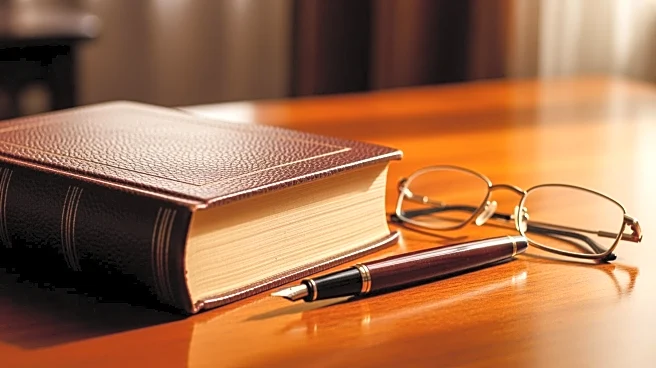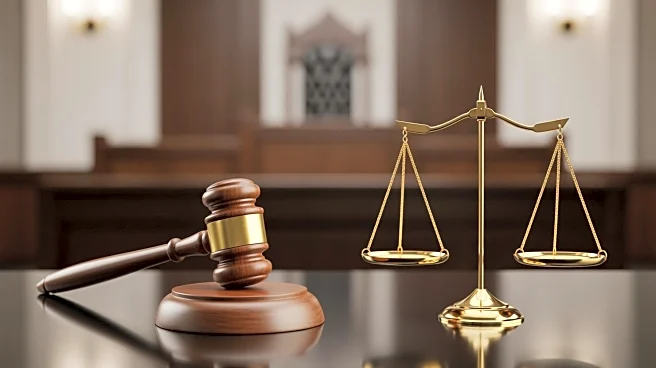Rapid Read • 8 min read
A London auction house, Apollo Art Auctions, is set to sell an intricately carved grasshopper artifact made of ivory and wood, believed to be from the era of King Tutankhamun. The artifact, estimated to fetch between £300,000 and £500,000, has raised concerns among Egyptian art historians who suspect it may have been stolen from Tutankhamun's tomb by Howard Carter, the archaeologist who discovered the tomb. Despite these concerns, the auction house claims there is no documented evidence linking the artifact to the tomb, and it has been cleared by the Art Loss Register database of stolen artifacts.
AD
The sale of the artifact highlights ongoing issues related to the provenance of historical artifacts and the ethical considerations of their ownership. If the artifact is indeed from Tutankhamun's tomb, it raises questions about the legality and morality of selling such items, especially when they may have been illicitly obtained. The situation underscores the challenges faced by museums and collectors in verifying the origins of artifacts and the potential for disputes between countries over cultural heritage. The auction could set a precedent for how similar cases are handled in the future.
The auction is scheduled to proceed, but the controversy may prompt further scrutiny and calls for the artifact's return to Egypt. Experts and historians may continue to investigate the artifact's origins, potentially leading to legal or diplomatic actions if new evidence emerges. The Egyptian government could decide to file a claim for the artifact, which would complicate the sale and possibly lead to its withdrawal from auction.
The case raises broader ethical questions about the trade in antiquities and the responsibilities of auction houses and collectors in ensuring the legitimacy of their items. It also highlights the ongoing impact of colonial-era excavations and the need for transparency and accountability in the art and antiquities market. The situation may influence future policies on the repatriation of cultural artifacts and the role of international organizations in mediating such disputes.
AD
More Stories You Might Enjoy












